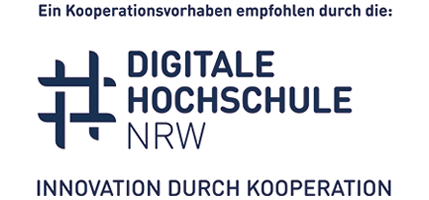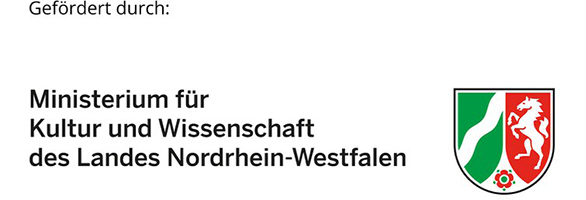Ganzheitliche Betrachtung der Ökologie und Logistikleistung von KMU
DOI:
https://doi.org/10.2195/lj_NotRev_kriwall_de_201811_01Keywords:
KMU, Logistik, ÖkologieAbstract
The CO2 emissions of the logistics sector and the resulting environmental impact are continuously increasing. Rising costs for energy and resources, increased sensitivity of customers, changed legal bases and the impending climatic change force producing enterprises to ecologically-oriented rethink. The lack of knowledge about interdependencies, quantitative effects of actions and parameter characteristics prevents SMEs from the implementation. A holistic ecological-logistical impact model with software implementation can support SMEs reaching their potential. Requirements for the model and fundamental relationships between logistic parameters and ecological target values are presented in this publication.Downloads
Published
2018-11-23
How to Cite
Kriwall, M., Richter, J., Fehlhaber, A. L., Hannemann, B., Langner, J., & Stonis, M. (2018). Ganzheitliche Betrachtung der Ökologie und Logistikleistung von KMU. Logistics Journal: Editorial-Reviewed. https://doi.org/10.2195/lj_NotRev_kriwall_de_201811_01
Issue
Section
Artikel








